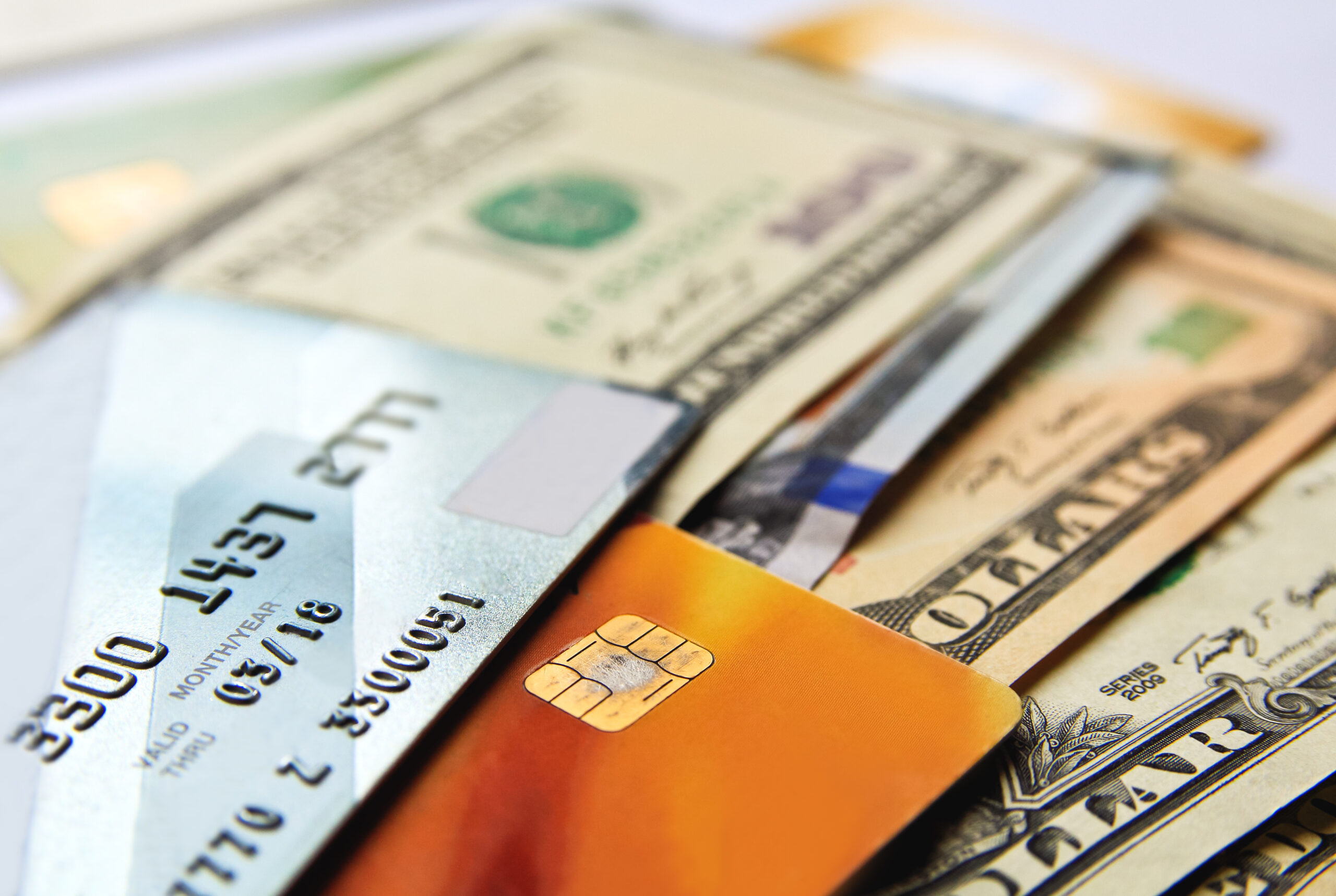Are you unsure whether to pay with cash or swipe your credit card? Choosing between cash and credit can significantly impact your financial health and spending habits. Each payment method has its advantages and disadvantages, and understanding when to use cash and when to rely on credit is crucial for effective money management. This guide will explore the key factors to consider when deciding whether to swipe your card or save with cash, helping you make informed financial decisions.
Understanding the Basics
Before diving into the specifics of when to use cash or credit, it’s important to understand the fundamental differences between the two. Cash is physical money in the form of coins and bills, while credit involves borrowing money from a lender to make purchases. Credit cards offer the convenience of making transactions without carrying cash and provide a line of credit that you can pay back over time, usually with interest. On the other hand, using cash ensures that you only spend what you have on hand, eliminating the risk of accruing debt.
The Benefits of Using Cash
Using cash has several benefits that can help you maintain control over your spending and avoid debt. Paying with cash makes transactions tangible, allowing you to physically see the money leaving your hands. This can make you more mindful of your spending and encourage more disciplined financial behavior. Additionally, using cash eliminates the risk of accumulating high-interest debt, as you can only spend what you have. Cash can be useful for budgeting and tracking expenses, providing a clear visual representation of your available funds.
The Advantages of Credit Cards
Credit cards offer several advantages, particularly in terms of convenience, rewards, and building credit history. Credit cards provide a convenient way to make purchases, especially for larger transactions or online shopping. Many credit cards offer rewards programs, such as cashback, points, or travel miles, which can provide added value for your spending. Using credit cards responsibly by paying off the balance in full each month helps build a positive credit history, which is essential for securing loans and favorable interest rates in the future.
When to Use Cash
There are specific situations where using cash can be more beneficial than swiping your credit card. When managing a strict budget or attempting to curb overspending, cash can be a powerful tool. Paying with cash forces you to stick to your budget, as you can only spend what you physically have. Cash is also useful for small, everyday purchases, such as buying coffee or groceries, where convenience and simplicity are key. Additionally, cash can be advantageous in places where card payments are not accepted or where cash discounts are offered.
When to Use Credit Cards
Credit cards can be particularly beneficial in certain situations, such as making large purchases, booking travel, or taking advantage of rewards programs. For large purchases, credit cards offer a layer of protection through purchase protection and extended warranties, which can be valuable if something goes wrong. Booking travel with a credit card can provide additional benefits, such as travel insurance, fraud protection, and rewards points. Utilizing credit card rewards programs for everyday spending, such as groceries and gas, can help you earn cashback or points that can be redeemed for various benefits.
Balancing Cash and Credit
Striking the right balance between using cash and credit is essential for effective money management. One approach is to use cash for day-to-day expenses and discretionary spending, while reserving credit cards for larger purchases or transactions that offer significant rewards. This strategy allows you to benefit from the advantages of both payment methods without falling into the trap of overspending or accumulating debt. Regularly review your spending habits and adjust your approach as needed to ensure you remain on track with your financial goals.
How to Manage Credit Cards Responsibly
Using credit cards responsibly is crucial to maximizing their benefits and avoiding potential pitfalls. Always pay your credit card balance in full each month to avoid interest charges and debt accumulation. Keep your credit utilization low by not maxing out your credit limits and maintaining a healthy balance-to-limit ratio. Regularly monitor your credit card statements for any unauthorized charges or errors, and address them promptly. Setting up credit card alerts can help you stay informed about due dates, large transactions, and when you’re approaching your credit limit.
How to Avoid Common Credit Card Pitfalls
While credit cards offer numerous benefits, there are common pitfalls to be aware of. Avoid carrying a balance on your credit card, as high-interest rates can quickly lead to debt. Be cautious of spending more than you can afford to pay off each month, and resist the temptation to overspend to earn rewards. Steer clear of cash advances, as they often come with high fees and interest rates. Finally, be mindful of annual fees and choose a credit card that aligns with your spending habits and financial goals.
Deciding whether to use cash or credit depends on various factors, including your financial goals, spending habits, and the specific advantages each method offers. By understanding the benefits and drawbacks of both cash and credit, you can make informed decisions that align with your financial objectives. Use cash to maintain control over your spending and avoid debt, and leverage credit for its convenience, rewards, and credit-building potential. Striking the right balance between cash and credit will help you manage your finances effectively.


Leave a Reply